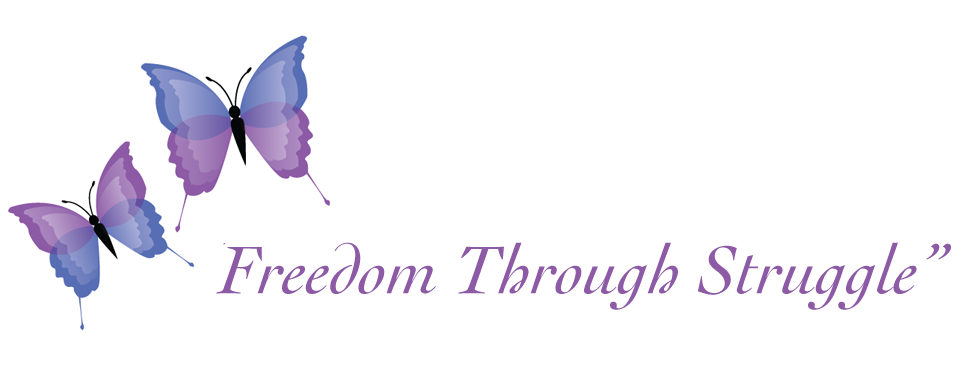Silence – What does this mean for you?
When you hear the word ‘silence’ I wonder what this means for you. In this article I would like to think about different kinds of silence and the potential impact of this on you.
Peaceful Silence
As I write, it is a quiet, sunny day with a gentle breeze. I have chosen to have a quiet day so that I can do some tasks that need my full attention. I am conscious of last week – mostly peaceful but with some matters that I am still trying to process.
A noisy world
Often in therapy people tell me that they are looking for peace – quiet – happiness – a quietening of their internal and external world so that they can think and enjoy their lives. They long to be able to think about what it is that they need and want and how to put this into action. Sometimes the noise of the challenges they are dealing with personally and professionally lead to anxiety which make it difficult to think. Much of their energy is used up trying to stay safe.
The world is noisy – particularly so at the moment with trying to establish the best way forward as Covid rules have lifted and with the war in Ukraine. There are other wars too but this is what seems to be the focus for the news at the moment. So much that clamours for our attention – how can we possibly focus on everything. There are so many stressors in our day-to-day lives. How can we discern what it is that we are responsible for and what we are not.
How can we find healthy silence so that we can manage ourselves and our sphere of influence within the noise. If we are not intentional about finding some silence/peace we may become overwhelmed with anxiety and a sense of powerlessness.
Silence – the calm before the storm?
I find myself thinking about the war in Ukraine and when the noise stops people are still not able to feel or be safe because they are not sure when the next attack will come.
Sometimes in toxic relationships there may be a form of peace/of silence but then the noise and fear increases as the aggressor prepares their next way to demean and insult. It may be that due to the fear we remain silent as it doesn’t feel safe to speak – what if we are not believed? We may adjust our behaviour to ‘try not to upset’ the aggressor.
Silent Relationships
I wonder what it is like for you when someone doesn’t speak to you for an extended period of time? There may be many reasons for this – perhaps this is alright with you because you feel secure in the relationship and understand that the other person does value you and is not rejecting you.
What about if you try to see someone and make repeated contact only to be told that they are ‘too busy’ to see you. I wonder what that feels like and how you might respond. Might you feel sad, angry, anxious – or something else? Would you feel able to ask the other person if there is a problem? If you feel fear rising at the mere thought of it, this may indicate that you have been triggered by the last time you had contact them with them.
If you have a history of rejection and abandonment you might find yourself feeling confused, upset, wondering what it is that you did wrong. You might pursue the other person in the hope of re-connecting only to be told again that they are too busy. How long before you give up? It is important to retain dignity and boundaries. If the other person has made it clear that they don’t want to talk to you it may be that you need to accept that – perhaps for now – perhaps permanently.
Loss can lead to shock, disbelief, bargaining, sadness, depression, anger, anxiety and much more. It is important that we process this loss with self-compassion. Maybe we need to talk to a friend or perhaps a professional.
It can be really hard living with uncertainty. We all need healthy relationships and it is important to know what healthy relationships look like – we need to feel valued and respected. It is important that we are able to speak freely without fear of being silenced or punished in some other way.
Silence with Yourself
Do you feel able to spend time in your own company?
I notice that sometimes people feel uncomfortable with being with themselves and need to be ‘plugged in’ even when they are relaxing – it is possible to have a walk/run/workout without having music/or something else in your ears. We may also use being busy as a way to avoid spending time with ourselves.
If we don’t take time to be quiet we may find that our sleep is disturbed or that we are having vivid dreams. We may also find that we are short-tempered and get annoyed quickly in a situation that doesn’t warrant that response.
Take some time to pause
For the sake of your mental and physical health find a quiet place and be still long enough to tune into yourself – ask yourself – what is happening to me now? What do I notice? What do I need right now that would help me? Do your best to meet your needs and self-soothe in a way that is self-compassionate.

